#flowers of the killer moon
Explore tagged Tumblr posts
Photo


“This is a historic win, it doesn’t belong to just me… This is for every little rez kid, every little urban kid, every little Native kid out there who has a dream, who is seeing themselves represented and our stories told, by ourselves, in our own words.”
Sending a warm congratulations to Lily Gladstone for becoming the first Indigenous person to win a Golden Globe for best actress!
5K notes
·
View notes
Text
an unbeatable face card




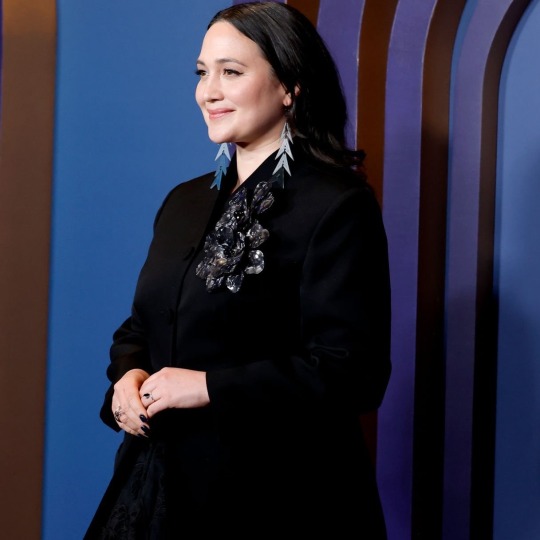


#lily gladstone#mollie burkhart#osage#martin scorsese#red carpet fashion#huishan zhang#jason rembert#marty scorsese#governors awards#award season#native american actress#native women#flowers of the killer moon
84 notes
·
View notes
Text
Why is it that most people who say Margot Robbie got snubbed say she deserved it over Lily Gladstone? There are four other nominations, who I'm pretty sure are all white, but it's always Gladstone. Not Emma Stone or Sandra Hüller or Carey Mulligan or Annette Bening. I wonder why these "feminists" keep trying to discredit Gladstone in particular?
#jk i know why#soda speaks#lily gladstone#flowers of the killer moon#barbie#barbie movie#margot robbie#oscars 2024
16 notes
·
View notes
Text

the night I needed Leo to pull a Kayne…..
no hate to Emma but fuck the fuckin rob of the century, foh not a single win?
Lily you were amazing portraying the Osage people, our people. We can’t thank you enough for the story you told and HOW you told it. A true storyteller, just like our people, our ancestors.
7 notes
·
View notes
Text


Fire vs Oil (Oppenheimer vs KOFM)
Just watched Killers of the Flower Moon
and OMG! It is a worthy opponent to Oppenheimer in all its nominations.
Emmys, Screen Actors , Critics Choice but the biggest one, Oscar
For me, its between these two.
Ill be ok if the best picture comes from either of the two
For best actor, I'm already set with Cillian Murphy, but Leo is still Leo.
I love Leo long before Cillian lol but this time I'll pick Cillian Murphy to win it all and Oppenheimer, too.
Plus, Christopher Nolan deserves the best director too but my heart also beats for Martin Scorsese, but I believe its Nolans time.
2 great films. 2 American stories. 2 worthy contenders.
#oppenheimer#robert oppenheimer#leonardo dicaprio#flowers of the killer moon#christopher nolan#martin scorsese#emmys#oscars#award season#cillian murphy
8 notes
·
View notes
Text
8 notes
·
View notes
Text

4 notes
·
View notes
Text
'An expansive book that is meticulously detailed about Oppenheimer’s entire life and more, American Prometheus can intimidate any filmmaker into biting more than they can chew. The first watch was drenched in excitement and anxiety about discovering what Nolan does to the book in his screenplay. I recognized that two individuals are bound to perceive a text in two different ways. Therefore, if Oppenheimer’s screenplay fell short of my expectations, it was primarily because I wanted to see the entire book unfold before me or the parts of it I deemed more important than others.
This is a concern that now exists for any film derived from a text that we have read. However, I could watch Oppenheimer the second time without the baggage of its source material. And subsequently, I am bound to conclude that this is Nolan’s finest screenplay. It achieves much more than one might feel because Oppenheimer is about our world.
One-half of the screenplay from Oppenheimer’s perspective is colored by his subjectivity. The choice to have a first-person script builds the subjective bias into the narrative, but this subjective bias is not of the filmmaker but of the subject himself. As a result, the subject’s passivity, pretense, and performity get exposed to the audience. Think of the sequence in which the statesmen and leaders choose from a list of 12 cities the sites to detonate the first couple of bombs. Oppenheimer has denied lobbying against the use of the bomb and is conforming to the military leaders who have allowed him the opportunity to secure a formidable reputation.
Oppenheimer goes silent on his own accord as Groves interrupts him from mentioning the concern of the scientists, and the sequence ends. The abrupt cut doesn’t allow the audience to seethe at the early genocidal tendencies of the militarists, including Oppenheimer, because, for Oppenheimer, the conversation has ended. In another sequence, he convinces Rabi to join the team after the latter’s refusal to be a part of a programme that reduces “three centuries of physics into a weapon of mass destruction,” and Rabi’s discomfort gets shadowed completely by Oppenheimer’s words, which he views to be a closing note. The film is replete with such sequences, which contribute to revealing Oppenheimer’s self-importance and how he rationalized his role in each circumstance.
What I have mentioned above doesn’t sound extraordinarily important per se. It becomes meaningful only because we have the other half of the screenplay, a partially objective one that sees beyond Oppenheimer’s line of sight. This other half prevents the colored half from amounting to the subject’s glorification. This part of the screenplay is about the impact of Oppenheimer’s actions, words, and a display of his political myopia. It is to establish that Oppenheimer got blinded by his sense of self-brilliance to the point that he never stood for something other than feeding his self-repute. In addition to the black-and-white sequences, all the film’s characters confront Oppenheimer in various circumstances. These sequences compel us to agree with all the people who occupy the antagonistic spaces in the narrative and those who are by the subject’s side.
We hate Strauss’ conservatism and abuse of power, but we agree with him when he says Oppenheimer would do everything all over again if given the choice because he serves himself. He has never apologized for the bombings despite the guilt complex. We hate Truman for having bombed Japan, but we agree with him grounding Oppenheimer by telling him that Hiroshima is not about him. We hate Teller for being envious of Oppenheimer and lobbying for a genocidal H-bomb. Still, we agree when he asks Oppenheimer what he believes in or when he destroys Oppenheimer’s idea that a nuclear bomb will end all wars. And we agree with Kitty when she chides him for thinking the world will feel sorry for him when he experiences the consequences of his sins. The dialogue is prophetic in nature. Oppenheimer is seen betraying everything he says he stands for or is.
At the same time, none of the sequences disprove or disagree with Oppenheimer. Roger Robb rightly grills the subject for having many moral scruples in 1949 despite not having any in 1945 when the bombs were used. And Oppenheimer rightly points out that it’s because he now knew his country would use any weapon it had. It’s a single line summarising America’s military-industrial complex and invalidating all its claims of ending the war and ensuring global peace.
In real life, Oppenheimer never recognized his guilt. But his actions betrayed what he thought. Serious geopolitical concerns further inflated the guilt complex. All of them are valid. In the end, we come out knowing that Oppenheimer’s role in making the bomb was inevitable, his refusal to prevent its use was his crime in conformity, and the assassination of his credibility was a counter-crime against him, reflecting America’s rabid anti-communist temperament. The subject is a perpetrator and a victim, both. And his conformity is foundational to both the roles he occupies.
Kitty’s objection to it also exposes conformity. And after its exposition, it is criticized within the film with the argument that he is trying to martyr himself with silence. The film is about exposing Oppenheimer’s shortcomings, criticizing them, and through his victimization, revealing the violence America has made systematic. We must understand that the subject was a victim of political violence, which has been integral to the mechanisms of his nation-state.
But even the recognition of his victimhood is not without his criticism. When Albert Einstein tells Oppenheimer that when the state rehabilitates him, it will be a self-serving act of their rehabilitation to whitewash power abuse that once happened (and perpetually happens) in Washington, he does so by reminding him of what the community did to Einstein when they honored him as the greatest physicist since Newton.
All being said, the film’s greatest achievement isn’t solely in a screenplay that criticizes its subject in the act of exploration. It is in establishing the omnipresent vulnerability to life in a post-nuclear world. Numerous films have vocally discussed the nuclear holocaust. Numerous films have cautioned against using nuclear weapons and advocated for disarmament. But numerous films have also addressed the misery in the aftermath of Hiroshima and Nagasaki or have conceptualized possible misery from theory. Oppenheimer doesn’t rely on a graphic presentation to establish, with its conclusion, the vulnerability of everyday life to actions of aggressive states. America has proven again and again that violence is its behavior.
Violence is how it deals with the world. It invades, plunders, and kills states. It destabilises economies. Moreover, it will kill its own to prevent the spread of a specific ideology that challenges its foundational tenet. In the cultural space, it subsumes every other culture via appropriation. At a domestic level, it would allow the massacre of its citizens at the rate of 50 per day if it meant profit-generation from the commercial sale of firearms. In our own country, the state has successfully turned the majority against the minority and secured widespread support for its investment in national and domestic security, legitimizing abuse.
The Indian state has become aggressive on the whole. When America dropped the bombs on Japan, it did so to gain geopolitical advantage. And if its position is challenged, it will do so again. But it’s one action that made it imperative for all nations to sow the seeds of their own destruction so that they aren’t threatened with might.
The non-inclusion of the aftermath of bombings on Japanese cities is not an act of willful ignorance but a choice of integrity. Essentially, it is a reflection of Oppenheimer’s weakness in confronting the demon of his making. Additionally, it is a refusal to use the misery of millions as currency to evoke empathy from the audience when the narrative voice is an outsider himself. We shouldn’t feel the dread of nuclear war because of what it did to people in Japan but because it is fundamentally cruel beyond measure, as a nuclear war kills indiscriminately. The idea of committing genocide cannot be a strategic consideration.
The pain of the Japanese people was not a mistake but a calculated choice by the perpetrators. Oppenheimer shielded himself with his reputation to escape accountability for his naivete. The theory could only take him so far, but he chose not to read the sign of the times so that he could remain close to his masters. Oppenheimer is a story of failure, not triumph. The man failed to choose, commit, act, fight, and change, all the while thinking he could do everything. Today, the two scorpions in the bottle of the world possess 90% of all nuclear warheads.
Paul Schrader called Oppenheimer (2023) the most important film of the century, and we may have our reservations against his opinion. But notwithstanding the quality of the movie vis-a-vis the cinema of the 21st century, Oppenheimer (2023) exists as a piercing critique of a creator’s self-serving guilt without accountability, infusion and legitimization of violence in the system, and the USA’s military-industrial complex. This makes it, perhaps, the most important film of the century since There Will Be Blood (2007) until Martin Scorsese comes with Killers of the Flower Moon (2023).'
#Oppenheimer#Christopher Nolan#There Will Be Blood#Flowers of the Killer Moon#American Prometheus#Leslie Groves#Edward Teller#Lewis Strauss#Isidor Issac Rabi#Kitty#Roger Robb#Albert Einstein#Paul Schrader
2 notes
·
View notes
Text
In this week's column, I confess my guilty pleasure over the awards ceremony red carpet and belatedly review of Killers of the Flower Moon.
#writers life#writing#writer#writers#review#film review#red carpet#celebritystyle#celebrity fashion#emmy awards#golden globes#award ceremony#award season#flowers of the killer moon#martin scorsese#lily gladstone
0 notes
Text

2024 Academy Awards Best Picture Nominees as VHS tapes by @ShawnMansfield
#oscars#academy awards#best picture#best picture nominees#oscar nominations#vhs#vhs tapes#vhs aesthetic#film#movies#fan art#fanart#anatomy of a fall#american fiction#barbie#the holdovers#killers of the flower moon#maestro#oppenheimer#poor things#past lives#the zone of interest#2024 oscars#margot robbie#lily gladstone#emma stone#cillian murphy#ryan gosling#martin scorsese#christopher nolan
5K notes
·
View notes
Text
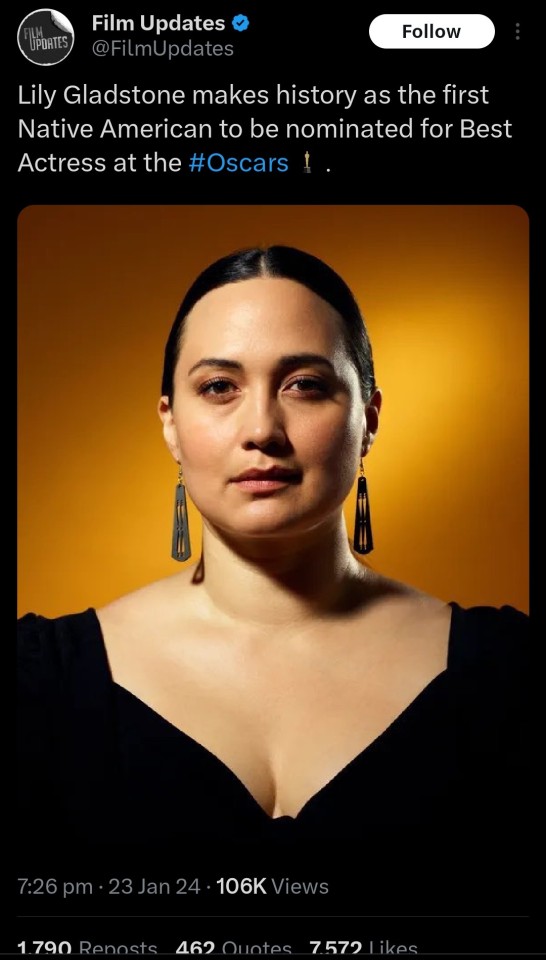
oscars been around since 1929 and first native best actress nomination being in 2024 is crazy
6K notes
·
View notes
Text
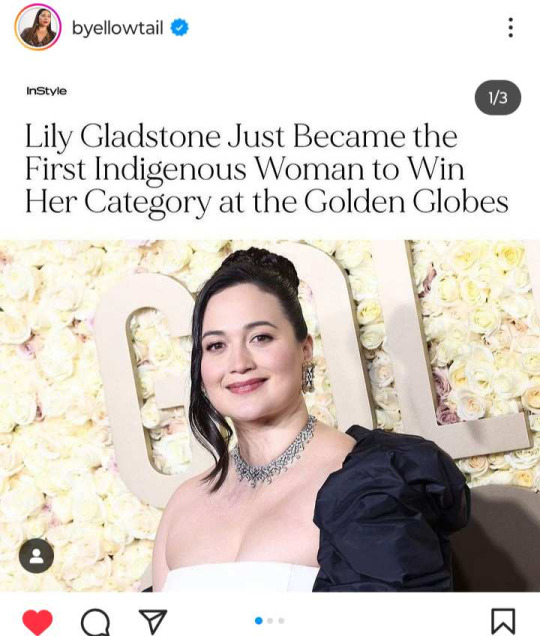



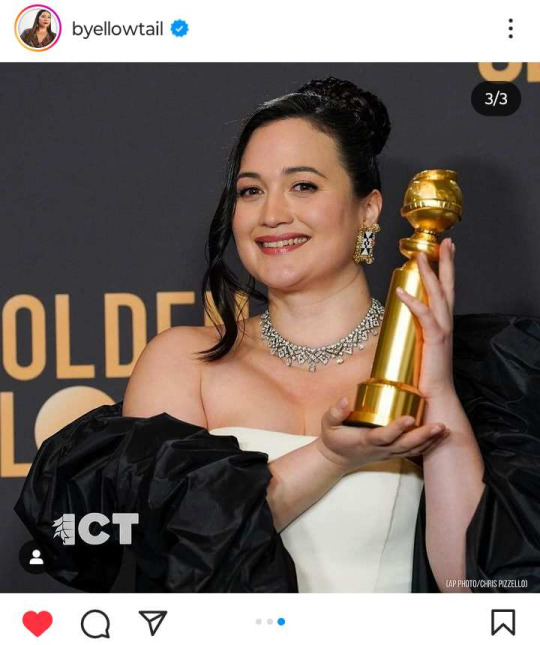
My social media was on FIRE last night and this morning!
Lily Gladstone just made history <3
5K notes
·
View notes
Text
lily gladstone x variety power of women mag and event



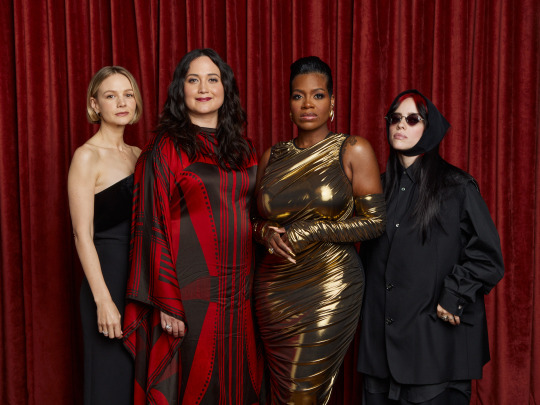

#lily gladstone#variety#variety magazine#flowers of the killer moon#celeste sloman#selome hailu#native american actress#carey mulligan#fantasia#billie eilish
24 notes
·
View notes
Text
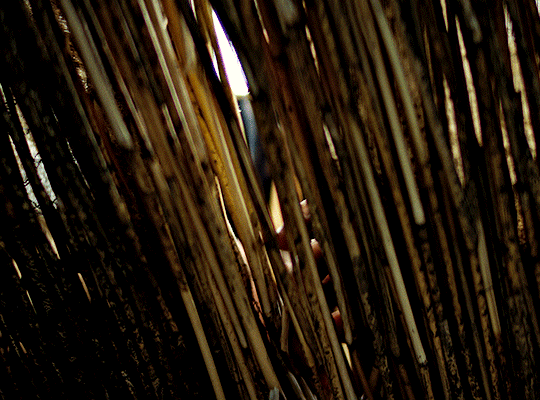
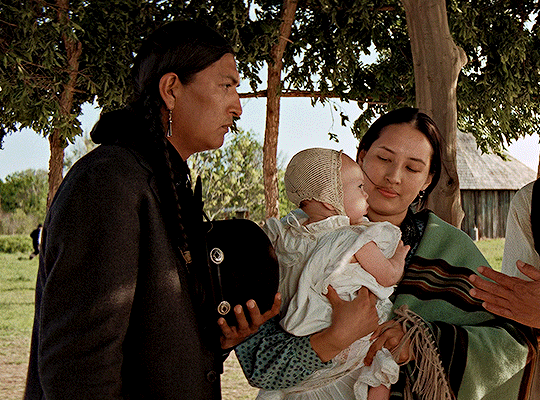
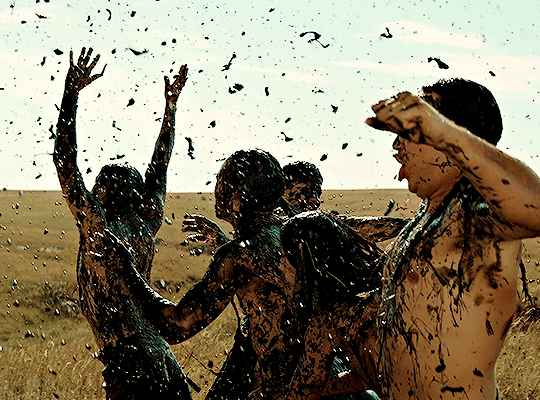
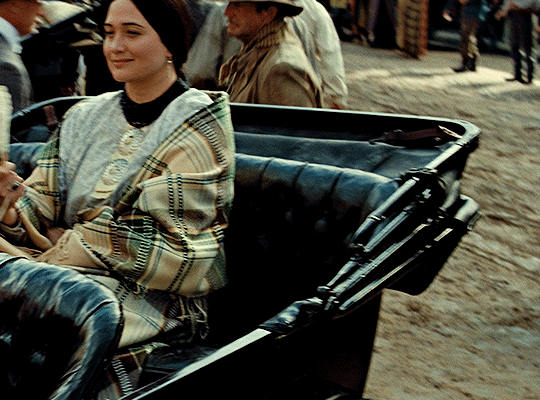
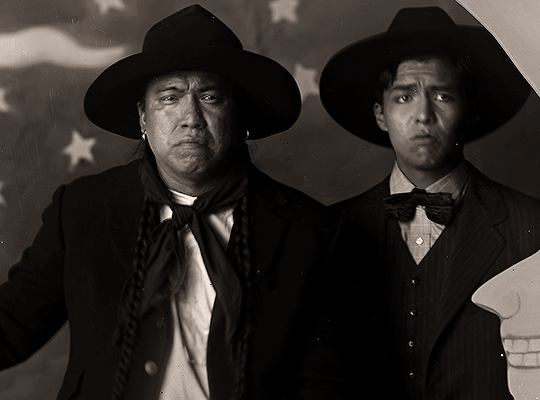
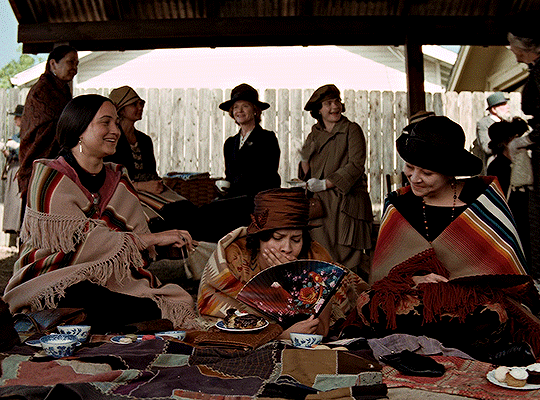
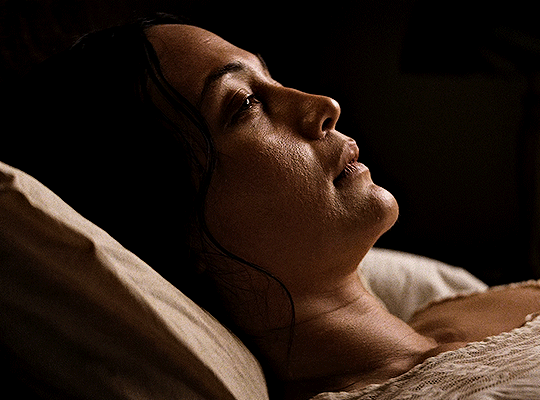

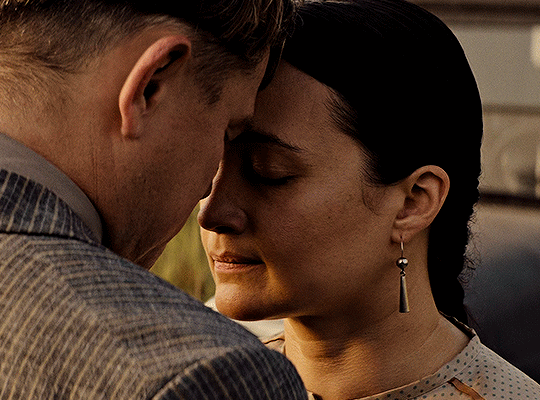

Mrs. Mollie Cobb, fifty years of age, passed away at 11 o'clock Wednesday night at her home. She was a full-blood Osage. She was buried in the old cemetery in Gray Horse beside her father, her mother, her sisters, and her daughter. There was no mention of the murders.
KILLERS OF THE FLOWER MOON (2023) dir. Martin Scorsese
#killers of the flower moon#lily gladstone#martin scorsese#perioddramagif#perioddramasource#perioddramaedit#filmedit#filmgifs#moviegifs#movieedit#cinematv#userbells#*#unbelievably bitter at the way this was shut out at the oscars#i know the academy are all hacks#but like. this is so egregious
3K notes
·
View notes
Text
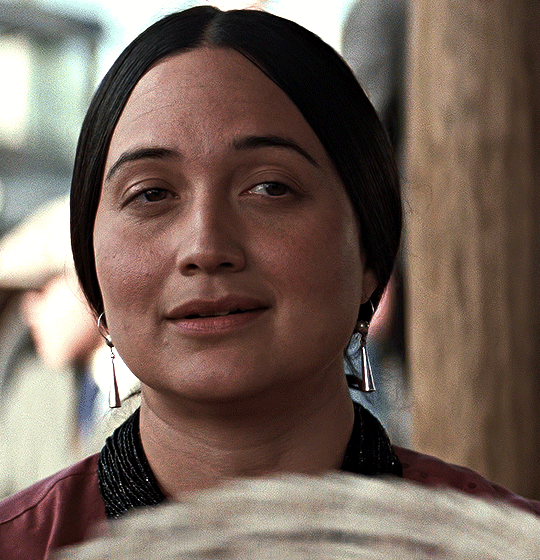
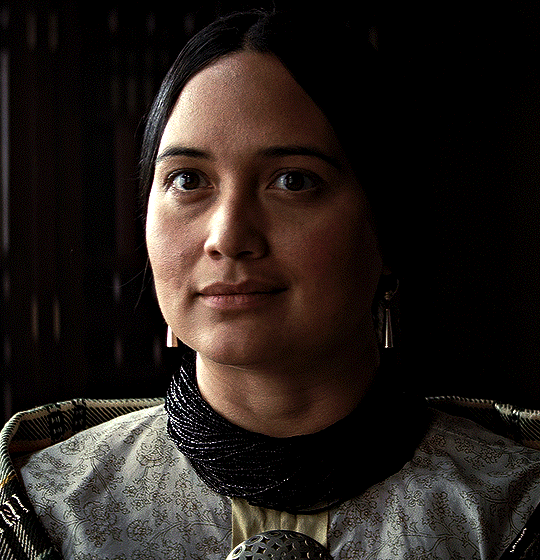
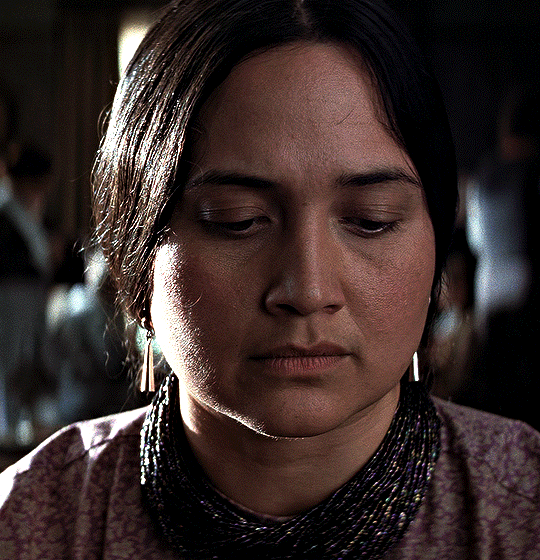
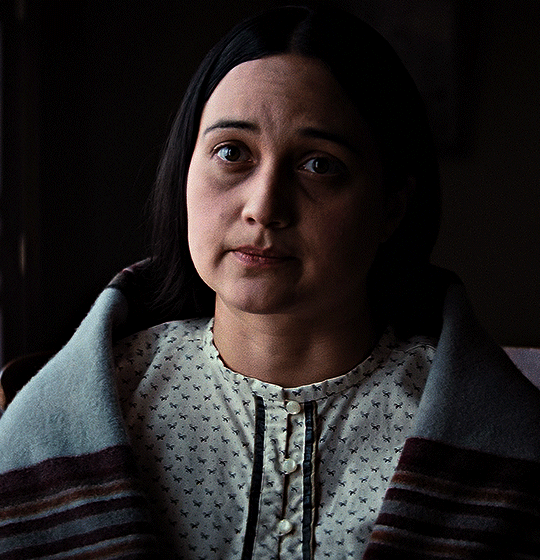

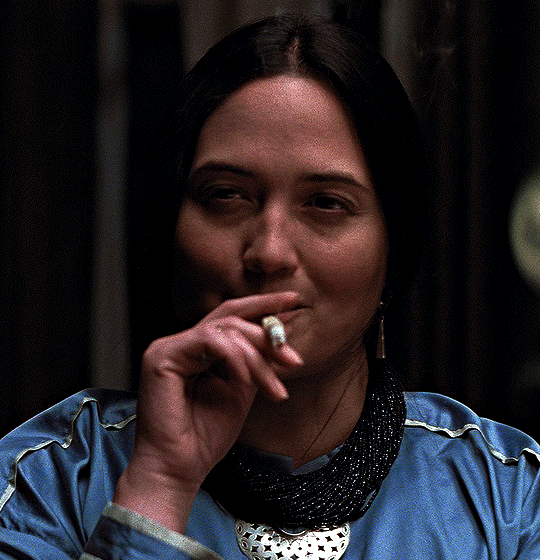
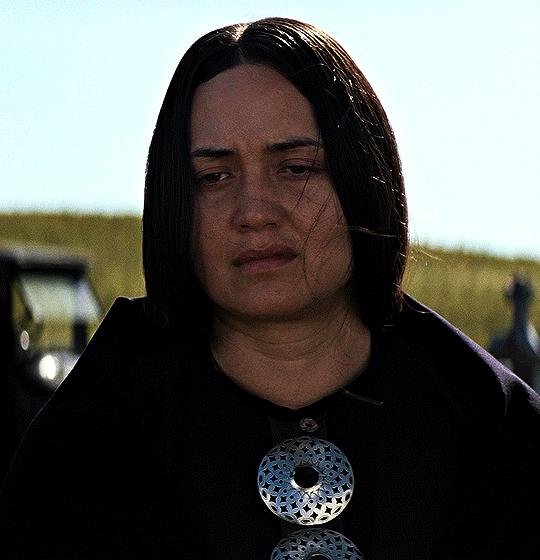


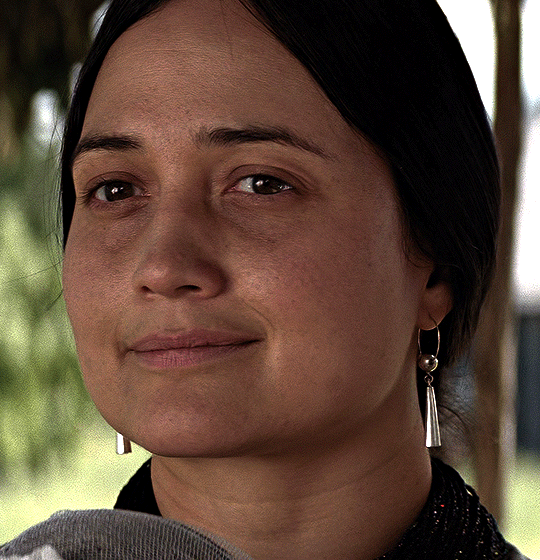
Lily Gladstone as Mollie Burkhart Killers of the Flower Moon (2023) dir. Martin Scorsese
#killers of the flower moon#perioddramaedit#periodedit#kotfmedit#2020s#period drama#gif#liz#lily gladstone#perioddramasource#weloveperioddrama#onlyperioddramas
3K notes
·
View notes
Text

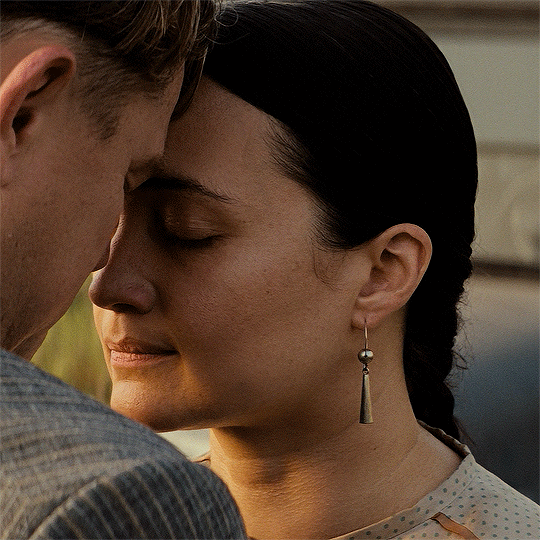
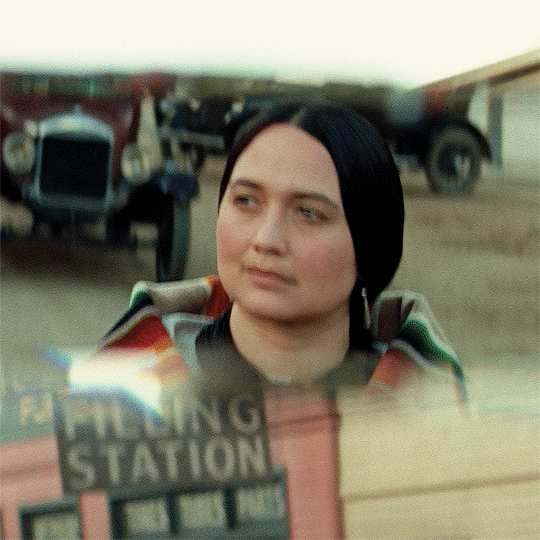
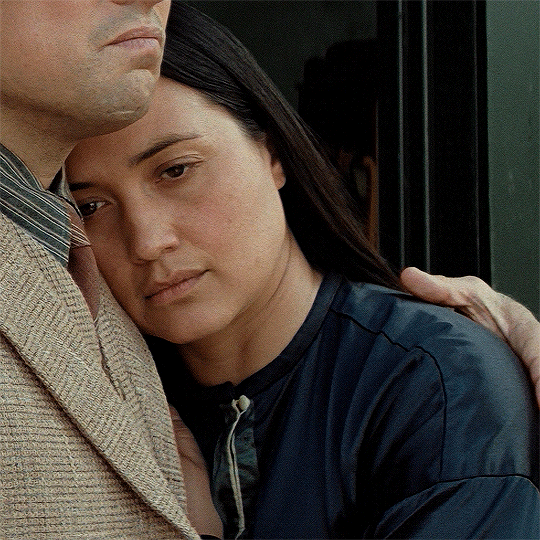
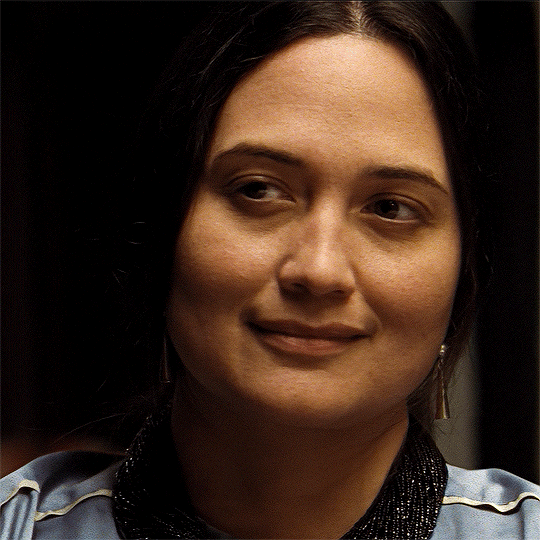


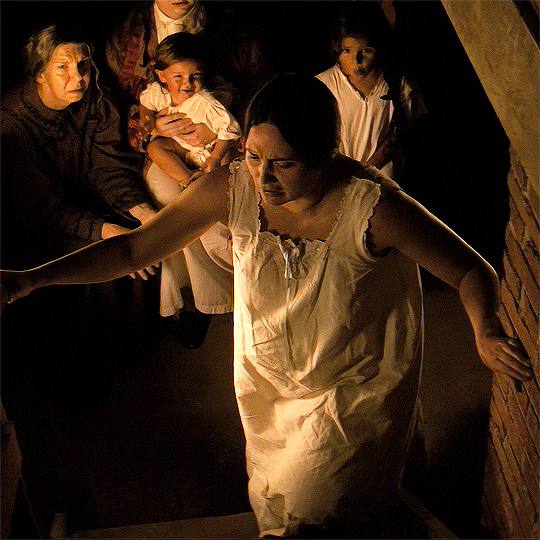
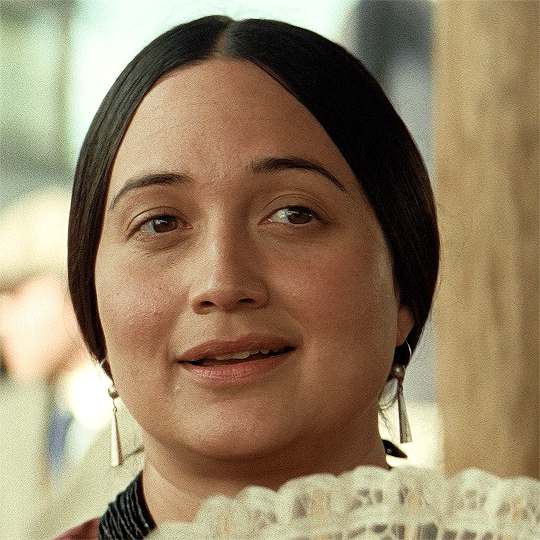
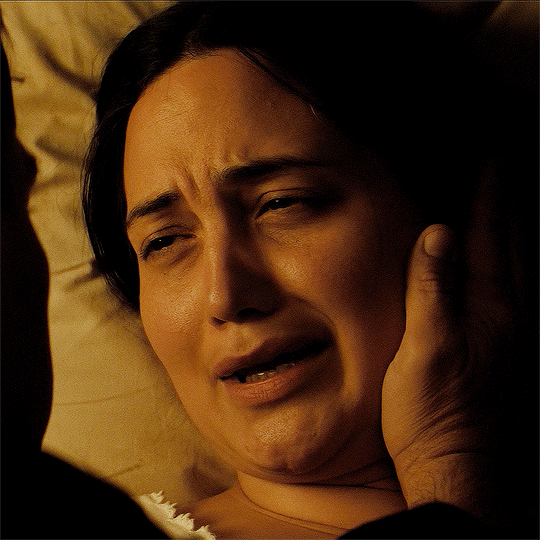
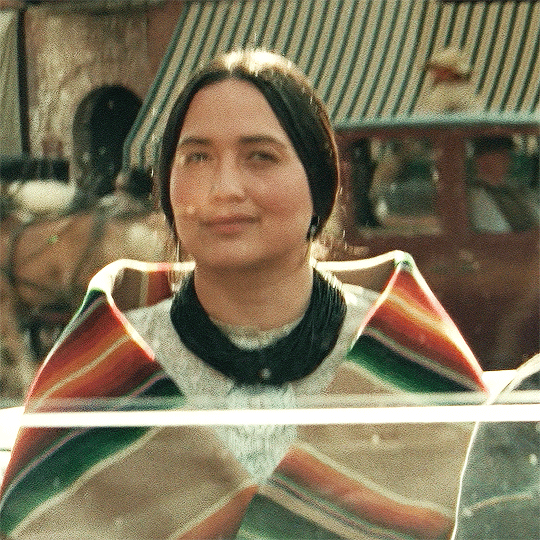
Lily Gladstone as Mollie KILLERS OF THE FLOWER MOON (2023) dir. Martin Scorsese
#lily gladstone#killers of the flower moon#filmedit#filmgifs#doyouevenfilm#fyeahmovies#moviegifs#cinemapix#dailyflicks#userrobin#usergal#tuserdana#usersugar#userlera#userquel#kane52630#gifs#movie
5K notes
·
View notes